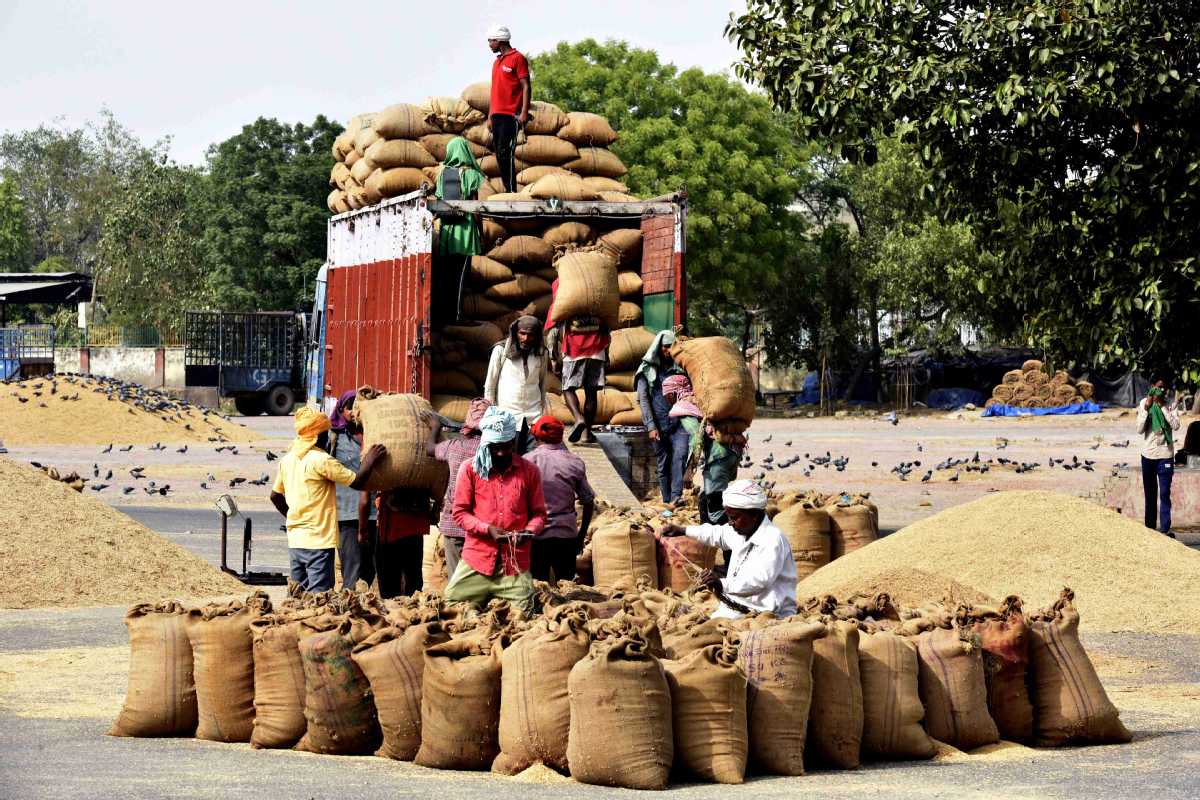Inflation widens chasm of global inequality


Struggling to survive
Gabriela Bucher, executive director of Oxfam, said millions of people are "skipping meals, turning off the heating, falling behind on bills and wondering what they can possibly do next to survive".
"This grotesque inequality is breaking the bonds that hold us together as humanity. It is divisive, corrosive and dangerous," said Bucher. "This is inequality that literally kills."
Food prices have risen an estimated 37 percent year-on-year, according to the World Bank, leaving the world on the brink of a nutrition and food security crisis.
In early April, International Monetary Fund Chief Economist Pierre-Olivier Gourinchas warned that inflation and food insecurity will lead to "supply disruptions … and social unrest", and this is now beginning to play out in several countries including Peru and Sri Lanka where food shortages and the rising cost of basic goods have led to societal upheaval.
Christine Lagarde, president of the European Central Bank, has put the rampant rise in inflation down to three main factors. First, rising gas and fertilizer prices, exacerbated by the Russia-Ukraine conflict, have led to surging energy and food prices. Second, Europe has faced shocks to both demand and supply that have led to record-high industrial goods inflation.
Last, Lagarde said Europe has experienced the shock from economies reopening after lockdowns, which has triggered a rapid rotation of demand back to services, especially in tourism and hospitality businesses, which have struggled to find staff quickly enough to meet rising demand, leading to rising services inflation.
The conflict "may well prove to be a tipping point for hyper-globalization, causing geopolitics to become more important for the structure of global supply chains", Lagarde said in a statement. "That could lead to supply chains becoming less efficient for a while and, during the transition, create more persistent cost pressures for the economy."
Lagarde also added that the conflict in Europe is set to reshape demand and prices for select commodities. Some advanced economies, including the UK and the United States, have sought to double down on domestic fossil fuel exploration in response to rising gas prices. Others have looked to accelerate the switch to renewables, including Germany, which recently announced plans to raise a 2030 target for renewable power from 65 percent to 80 percent of the national energy mix.
The conflict "is likely to speed up the green transition as a means of reducing dependence on unfriendly actors", Lagarde said.
"Indeed, green technologies are set to account for the lion's share of the growth in demand for most metals and minerals in the foreseeable future. The faster and more urgent the shift to a greener economy becomes, the more expensive it may be in the short run."
























